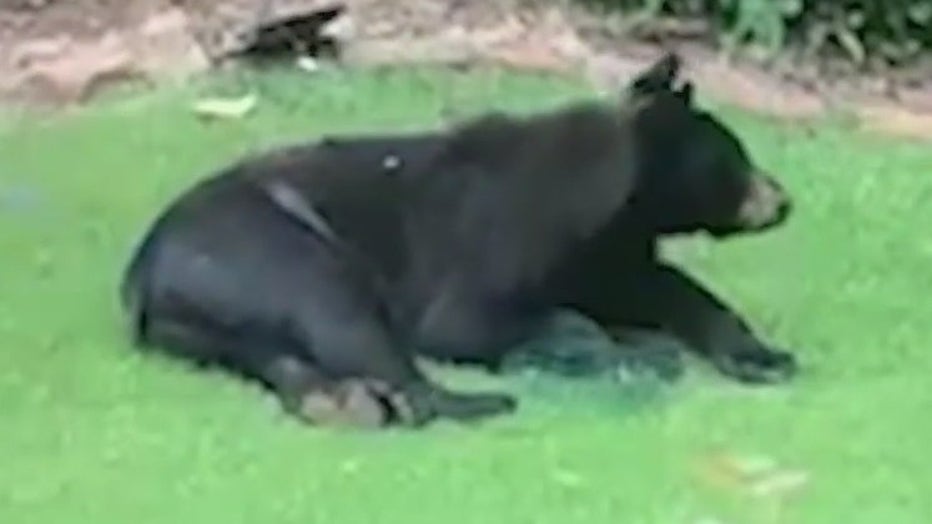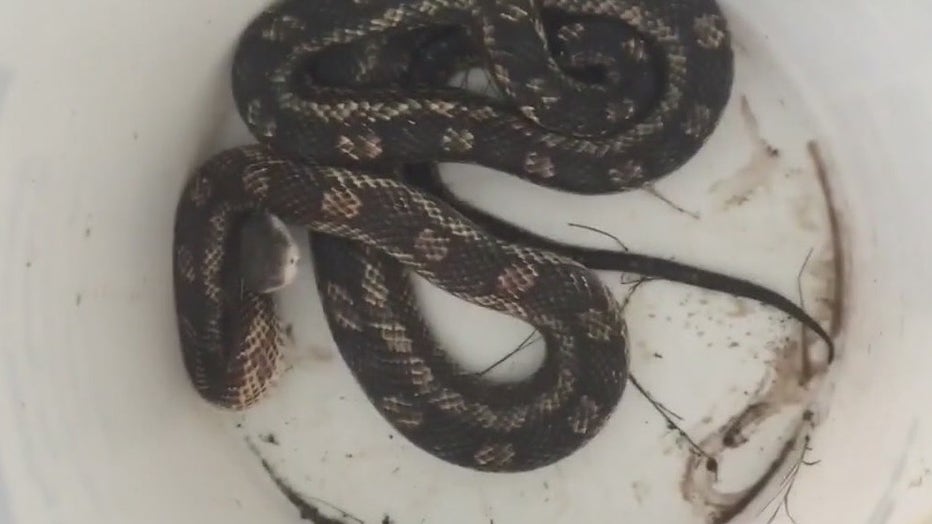Use extra vigilance around wildlife in springtime
Keeping yourself safe from wildlife in springtime
We talk to a wildlife biologist about things to keep in mind to keep yourself and your home safe this time of year.
Now that spring is here, the flowers are blooming, trees are full, and wildlife is back out.
"So spring time, everything comes to life again it seems like, trees are greening up and food sources for wildlife are becoming more and more abundant," Kara Nitschke said. Nitschke is a wildlife biologist with the Georgia Department of Natural Resources.
The abundance of food can lead to more interactions with wildlife in your neighborhood.
"It's key to remember that wildlife are seeking three things, either food, water, or shelter," Nitschke tells Good Day Atlanta's Lindsay Tuman. "Especially in urban and suburban settings sometimes we provide unknowingly food sources for these animals that are just kind of waking up in search of an easy meal."
Around this time of year, that can include black bears ending their hibernation. Last year, people in Sandy Springs, Norcross, and Cherokee County all reported bear sightings in residential neighborhood.
"They are very smart and intelligent animals, and they have a very accurate sense of smell, so they are able to find and secure food using their sense of smell very well," Nitschke said.
There is a good chance bears will return to the same locations they did in previous years if they found a food source there. If you had a sighting or an issue last year, the Department of Natural Resources suggests you take steps to eliminate things that might be attracting bears or other wildlife. That includes securing your garbage and recycling, removing bird feeders, keeping any pet food inside, and deep cleaning and storing your grill.

There are other kinds of wildlife you might see more this time of year because they are also having their young.
Snakes can also be more likely to be seen in the spring. Nitschke says the chances of running into a venomous snake, especially in suburban or urban areas is very low.
You can take simple steps to try and prevent them from coming into your yard though.
"Some things you can do is keep your lawn mowed short. Don't leave any piles of debris or yard trash out that provides shelter for them," she said.

In general, Nitschke says if you leave animals alone, they should do the same for you.
"They're serving a purpose, and if they're not hurting us, they're not acting funny, they're not sick, and they're not injured in some way, then they're going to move on, they're going to keep doing their thing," she said.
If there is an animal that is causing an issue or seems unwell, you can go to the Georgia Department of Natural Resources website, gadnr.org to learn the best way to handle different species or request help.

